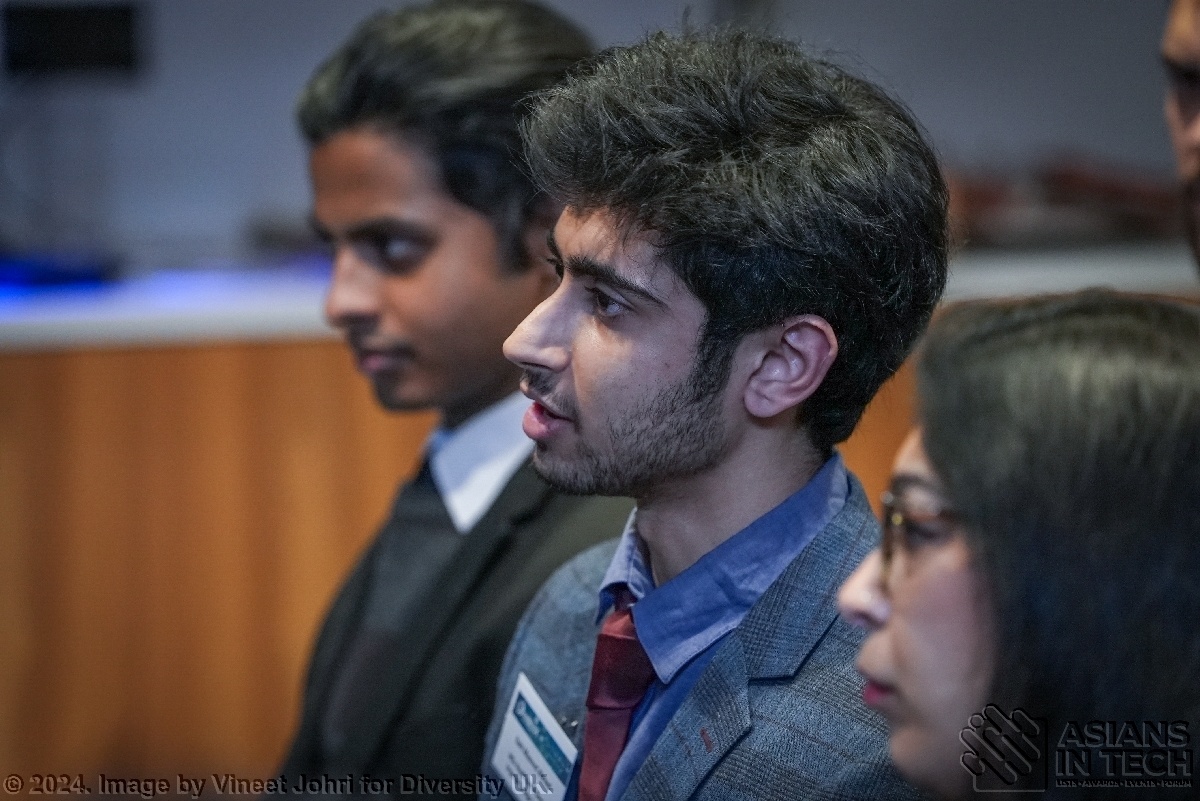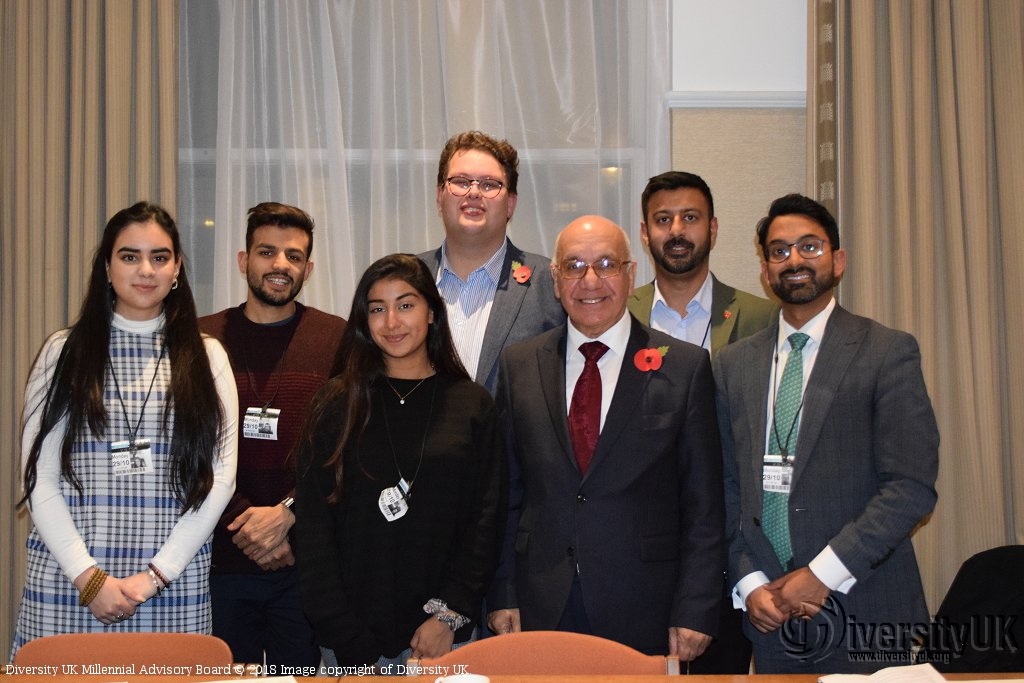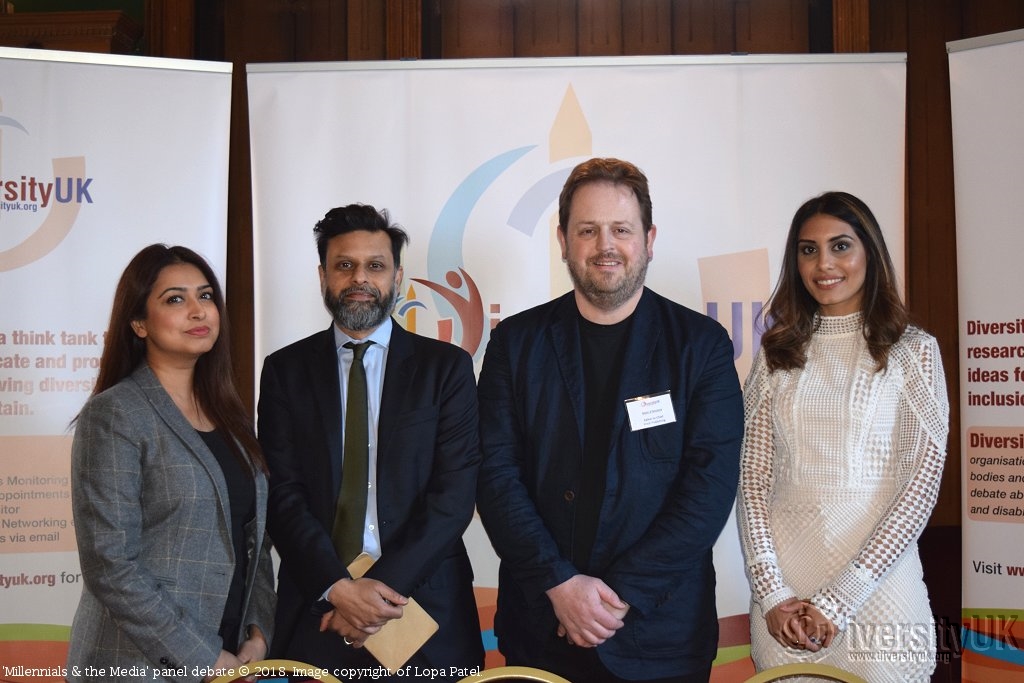Next Generation considering life and work outside of the UK

A majority of young people in the UK, who have not yet lived abroad, would consider moving to another country, a new study has revealed. According to the British Council’s Next Generation UK 2024 report, nearly three-quarters (72%) of UK based 18–30-year-olds would consider living and working in another country in the short or long term. Their primary motivations include enriching cultural experiences, the perception of a better quality of life, and enhanced job opportunities.
The report reveals that positive relations with Europe is one of the top priorities for young people when questioned about the UK’s relationship with the world.
81% of those surveyed believe it’s important to maintain positive relations with other European countries post-Brexit, adding context to this desire to work away from the UK.
The report found that this wish to work and live abroad could also be driven by socioeconomic factors, with nearly two-thirds (63%) of UK young people stating that their standard of living is worse than it was for their parents’ generation, and more than half (55%) citing low wages as the biggest challenge faced by youth in employment.
The survey of 3084 young people from throughout the four UK nations, sheds light on how young people feel about the UK’s relationship with the rest of the world, and their views on global challenges and opportunities.
The survey found that young people in the UK are most drawn to destinations such as Australia (24%), USA (23%), Canada (22%), and Italy (22%). Women showed a greater interest in moving to Australia (26%), Italy (28%), and France (17%), while men were more inclined towards the USA (25%).
Post-Covid pandemic, young people are more open to international travel and work. They are also conscious of the comparisons with European neighbours on quality of public services, pay, and quality of life, the study found.
Despite these findings, young people are grappling with how to balance their international aspirations with pressing domestic concerns and increased barriers to global mobility.
More than half (56%) of those surveyed think that the UK should focus on domestic issues, compared to 20% who think the UK should prioritise international aid, yet there is a strong desire for the UK to lead by example on important global issues, including climate change and conflict resolution.
Young people surveyed in the study also expressed frustration with lost opportunities such as the Erasmus+ programme, due to the UK’s exit from the EU, and had concerns about visa requirements.
The study found that young people in the UK are most optimistic about their future career (65%) and future quality of life (64%). Yet respondents were less positive about their shared futures. Just over half (51%) were optimistic about the future of the UK, while 44% were optimistic about the future of the global community.
Young people were surveyed on challenges and aspirations, political engagement, the UK’s place in the world, education, and international engagement.
The Next Generation UK 2024 survey was conducted to mark the 90th anniversary of the British Council, the UK’s international organisation for cultural relations and educational opportunities. It is hoped that the study will start a national conversation that looks ahead to the next ten years to understand how young people envision the future for themselves, their communities, and the UK.
Scott McDonald, Chief Executive, British Council said: “This report highlights a strong desire among young people in the UK for maintaining positive relations with European countries and a continued interest in living and working abroad. Life for young people in the UK has changed significantly in recent years, forcing them to reassess their aspirations and priorities. The British Council aims to support their international aspirations by offering educational opportunities through which we build connections, understanding and trust between people in the UK and countries worldwide.”
The full report can be downloaded here.
Methodology
The research was carried out by Savanta on behalf of the British Council between 15 July to 16 September 2024. A nationally representative sample of 3,084 young people aged 18-30 were surveyed from across the UK, with specific quotas for England (1,560), Scotland (542), Wales (507), and Northern Ireland (475). Quotas and weighting were set on key demographic variables: age, gender, region (England only), ethnicity, and socio-economic status to ensure representation.
About the British Council
The British Council is the UK’s international organisation for cultural relations and educational opportunities. We support peace and prosperity by building connections, understanding and trust between people in the UK and countries worldwide. We do this through our work in arts and culture, education and the English language. We work with people in over 200 countries and territories and are on the ground in more than 100 countries. In 2022-23 we reached 600 million people.




